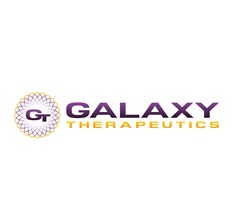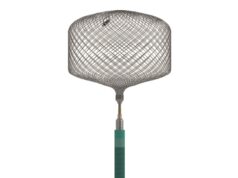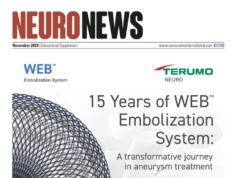 Galaxy Therapeutics has today announced completed enrolment of the primary cohort of patients in its SEAL IT investigational device exemption (IDE) trial.
Galaxy Therapeutics has today announced completed enrolment of the primary cohort of patients in its SEAL IT investigational device exemption (IDE) trial.
The trial’s primary arm—known as the wide-neck bifurcation aneurysm (WNBA) subgroup, including WNBAs from 2–19mm in width—has successfully enrolled 163 patients across leading US neurointerventional centres. The study is being conducted under an IDE from the US Food and Drug Administration (FDA) and is a “key step” toward eventual premarket approval (PMA) of the company’s Seal device, according to a Galaxy press release.
“We are proud to have reached this important milestone,” said David Altschul (Montefiore Medical Center, New York City, USA), principal investigator of SEAL IT. “This trial represents the first prospective, multicentre US study evaluating the Seal device for wide-neck bifurcation aneurysms—one of the most challenging anatomical presentations in our field.”
Brian Jankowitz (Hackensack Meridian Neuroscience Institute, Edison, USA), who is also a SEAL IT principal investigator, added: “The Seal device has consistently demonstrated ease of use and promising early outcomes in the investigation, in both ruptured and unruptured aneurysms. Completing enrolment in the primary cohort is an important achievement as we continue generating high-quality clinical evidence to support its use.”
Galaxy notes that the SEAL IT trial continues to enrol patients in two additional cohorts evaluating use of the Seal device in treating sidewall and ruptured aneurysms, with 52 patients planned for enrolment in each subgroup. In total, the device has been used in more than 300 patients worldwide across Galaxy-sponsored clinical studies, the company’s release adds.
Developed “by physicians, for physicians”, Galaxy also claims, the Seal implant is a proprietary, self-expanding intrasaccular device designed to promote durable aneurysm occlusion without the need for adjunctive devices. It has shown encouraging safety and efficacy in earlier clinical studies including Pre-SEAL IT, which enrolled 33 patients at multiple international sites.










